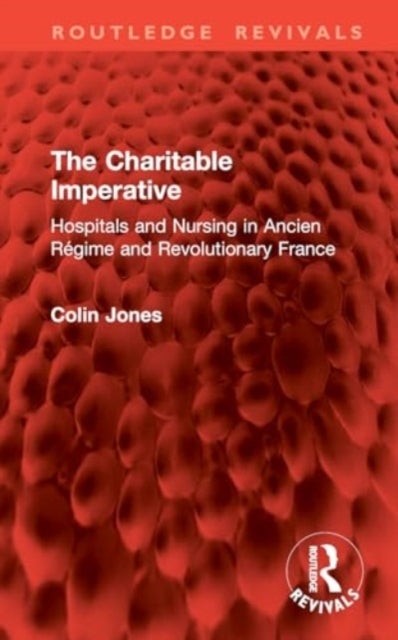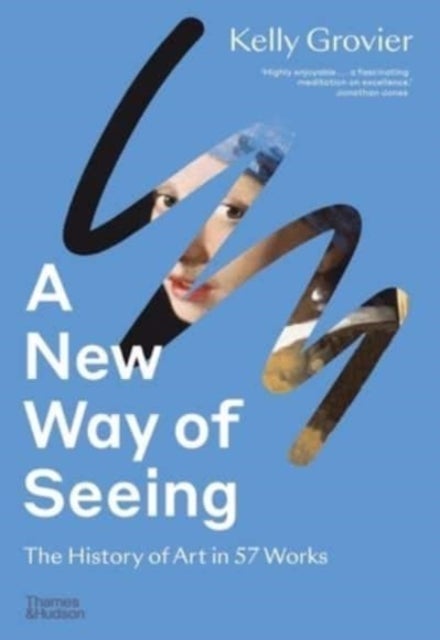
The Charitable Imperative av Colin Jones
1369,-
<p>Drawing on a wide variety of archival and secondary sources<i>, The Charitable Imperative</i>, originally published in 1989, provides an overview of the very different institutions that treated the poor in France from the seventeenth through to the early nineteenth centuries: hospitals and poorhouses, military infirmaries, reformatories for prostitutes, holding places for the insane, and so on. It recovers much of the daily realities of the institutions for those who lived in or passed through them and highlights the very limited progress made in most of them by the medical profession.</p><p>The principle of charity which underpinned this system of relief placed moral and social obligations on all who dealt with the poor: a kind of charitable imperative affected the thinking and behaviour of the administrators who managed the institutions, the nursing sisters who gave their lives, and the donors who gave up their possessions to meet the needs of the poor. However, the poor were also








